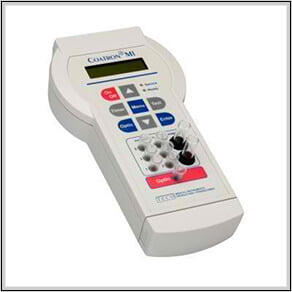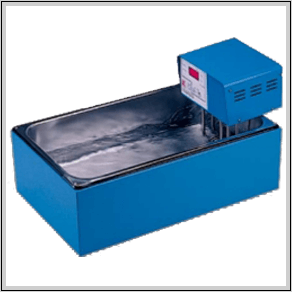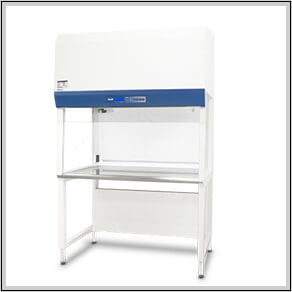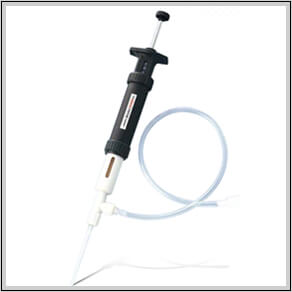Coagulation Analyzer
Coagulation analyzers measures the clotting mechanisms of hemostasis; used primarily to detect clotting deficiencies related to thromboembolytic disease, thrombocytopenia, impaired liver function, hemophilia, von Willebrand disease, and other conditions. They are also used to monitor the effect of drugs such as heparin, oral anticoagulants, and thrombolytic and anti-platelet agents on whole blood, as well as the effects of
blood component therapy.
These devices are handheld or benchtop, sometimes placed on a cart, with a display (usually LCD), a keypad to enter information, and a slot to insert a test strip or sample tube. Some models may have alarms, memory functions, touchpens, USB ports to transfer data to a computer, and/or a small storage compartment for reagents.
They can also be classified as automatic and semiautomatic analyzers, the latter requiring the intervention of a laboratory technician for the preparation and introduction of samples. Such machines also differ in the number of channels, the number of different samples they can analyze at the same time.
Related products
- Chemistry & Immunology
Clinical Chemistry Analyzer
- Clinical Laboratory
Water Bath
- Clinical Laboratory
Laminar Flow Hood
- Clinical Laboratory
Nichiryo Digital Hand- held Dispenser






